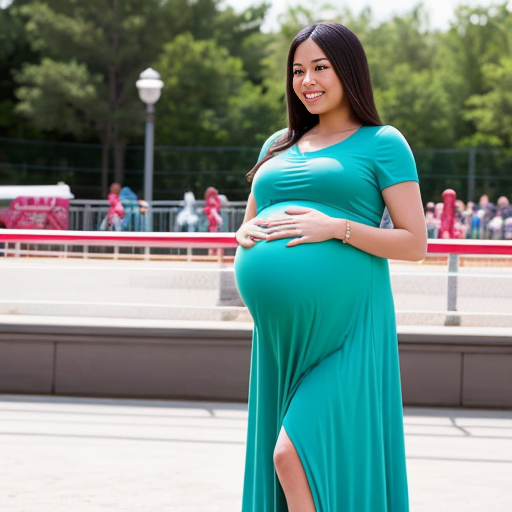Why You Should Avoid IVF as a First Option and Focus instead on Trying to Conceive Naturally

Considering IVF Risks for Older Women
For many of us older women longing to conceive, IVF has provided hope for building families where natural conception seemed challenging. However, it's essential to acknowledge the potential risks associated with IVF, particularly in our age group. Here's a breakdown based on my personal understanding and research:
IVF Risks to Moms
Risks of Egg Retrieval: The process of egg retrieval, a fundamental part of IVF, involves potential risks such as pelvic bleeding, infection, inflammatory disease, and ovarian abscesses that may require surgical intervention. After this procedure, expect vaginal bleeding and varying degrees of discomfort for about 24-72 hours.
Ovarian Hyperstimulation Syndrome (OHSS): OHSS is a serious side effect of fertility drugs used in IVF. It can cause ovarian enlargement and, in severe cases, life-threatening symptoms. Those with PCOS or high estradiol levels due to fertility drugs face a higher risk of OHSS.
Ectopic Pregnancy: The incidence of ectopic pregnancies is higher in IVF cases compared to the general population. This condition demands immediate medical attention and is more prevalent in women with endometriosis or tubal disease.
Cancer Risks: Research indicates a potential association between fertility drugs used in IVF and certain cancers. Women undergoing IVF may have altered cancer risks, particularly cervical, skin, breast, and invasive ovarian cancers.
Risk of Multiples: IVF increases the likelihood of multiple births, which come with added pregnancy complications such as preterm birth, low birth weight, and other maternal and fetal risks.
Complications of Pregnancy: IVF-conceived pregnancies are prone to certain complications like preterm birth, maternal gestational diabetes, hypertension, and placental issues.
IVF Risks to Babies
Risk of Multiples: Similar to mothers, IVF increases the chances of multiple births, contributing to a higher risk of preterm delivery, low birth weight, and other complications detrimental to babies' health.
Birth Defects: Assisted reproductive technologies, including IVF, have been associated with a higher rate of birth defects, particularly cardiovascular, musculoskeletal, and urogenital abnormalities. Intracytoplasmic sperm injection (ICSI) may further elevate this risk.
Cancer Risks: Studies suggest a link between IVF and childhood cancers. Perinatal complications in IVF-conceived children might contribute to this association, but more research is needed.
Psychosocial Development: Interestingly, no significant behavioral differences have been found between children conceived through IVF, ICSI, or natural means, except for a higher prevalence of autism spectrum disorders in children born from ICSI.
Why Natural Conception is Preferable
That is why I choose natural conception. Natural conception not only sidesteps the potential risks associated with IVF but also embraces the natural process of conceiving a child. Natural conception allows the body to function as it naturally does, without external intervention, and may lead to healthier and less complicated pregnancies.
The process of conception naturally regulates itself, ensuring that only the most robust and healthiest sperm and egg combine to form a new life. This natural selection process can potentially reduce the likelihood of passing on genetic abnormalities or facing pregnancy complications often associated with assisted reproductive technologies.
Moreover, natural conception often provides a more emotionally rewarding journey for couples. The sense of connection and achievement when conceiving naturally can be immensely fulfilling and gratifying.
In conclusion, while IVF offers hope for couples facing challenges with conception, opting for natural conception whenever possible might offer a safer, more fulfilling, and emotionally rewarding pathway to expanding our families.
